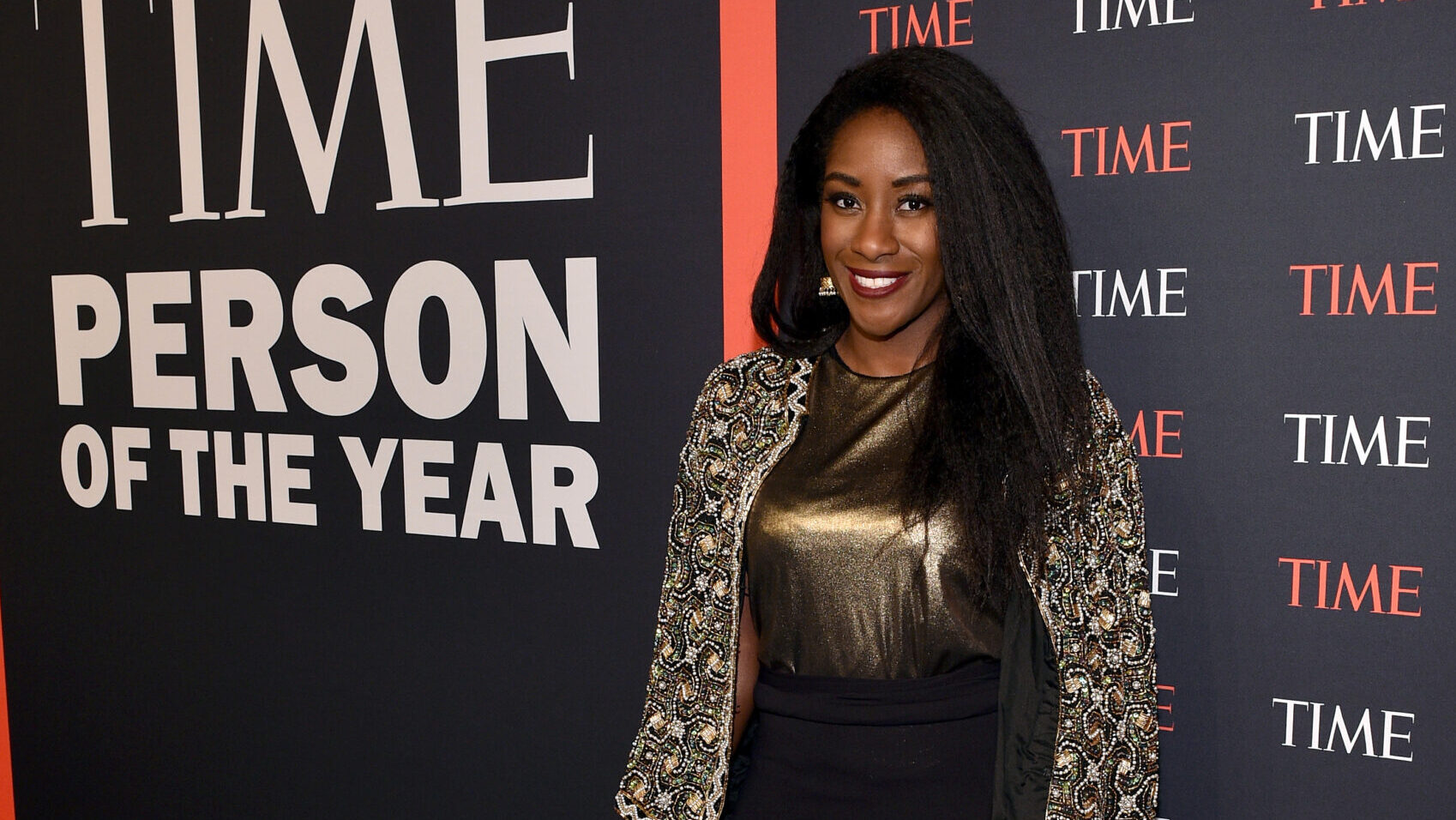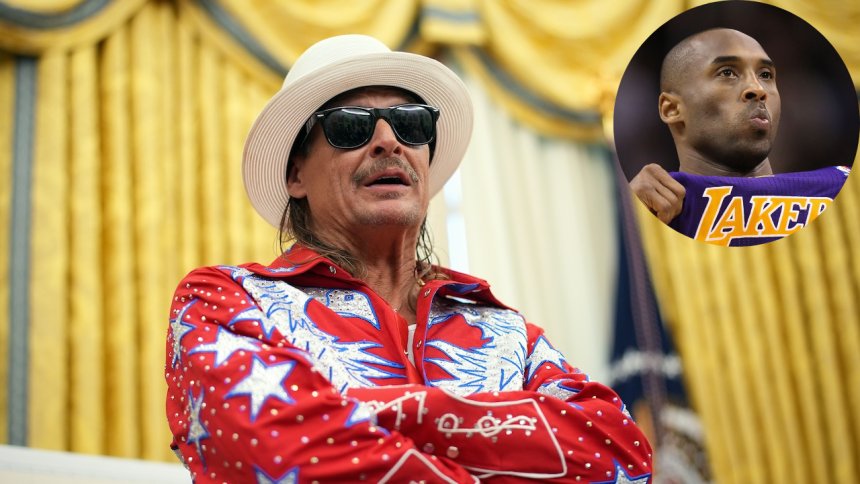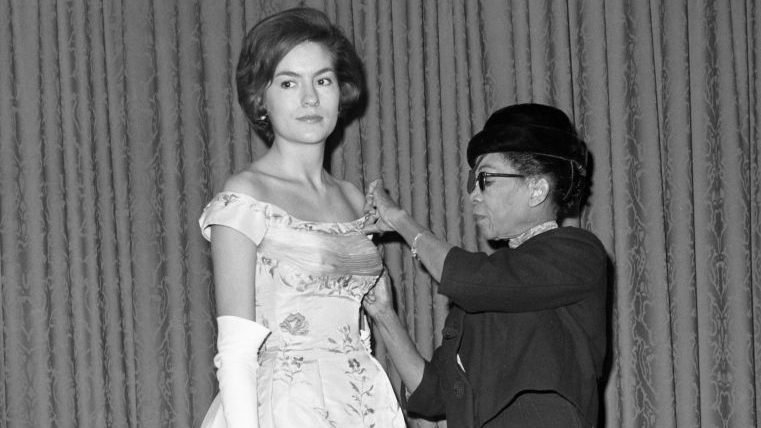The Washington Post accused her of ‘gross misconduct.’ Karen Attiah says she was just telling the truth
“I spoke out against hatred and violence in America — and it cost me my job,” former Washington Post writer

“I spoke out against hatred and violence in America — and it cost me my job,” former Washington Post writer Karen Attiah claims.
After 11 years, Karen Attiah, a longtime writer for “The Washington Post,” says she’s been fired from the paper’s “Opinions” department for doing what she’s always done: speaking truth to power.
In a Monday blog post, Attiah revealed she was let go after posting about political violence in the wake of conservative commentator Charlie Kirk’s shooting last week. She says she was penalized for “speaking out against political violence, racial double standards, and America’s apathy toward guns.”
The Post has yet to comment on her firing, but the publication has updated her bio to reflect that she was a columnist.
Attiah didn’t name Kirk directly in her posts, but she criticized what she called “empty rhetoric” about denouncing violence without action. In one post, she wrote: “Part of what keeps America so violent is the insistence that people perform care, empty goodness and absolution for white men who espouse hatred and violence.”
When one commenter pressed her on whether her words were too harsh, Attiah replied, “Refusing to tear my clothes and smear ashes on my face in performative mourning for a white man that espoused violence is… not the same as violence.”
According to Attiah, her bosses at the Post accused her Bluesky commentary of being “unacceptable,” “gross misconduct” and even of “endangering the physical safety of colleagues.”
She flatly rejected the claims, writing: “My commentary received thoughtful engagement across platforms, support, and virtually no public backlash. And yet, the Post accused my measured Bluesky posts of being ‘unacceptable’, ‘gross misconduct’ and of ‘endangering the physical safety of colleagues’ — charges without evidence, which I reject completely as false. They rushed to fire me without even a conversation—claiming disparagement on race. This was not only a hasty overreach, but a violation of the very standards of journalistic fairness and rigor the Post claims to uphold.”
Attiah believes the firing is bigger than her.
“I was the last remaining Black full-time opinion columnist at the Post, in one of the nation’s most diverse regions. Washington D.C. no longer has a paper that reflects the people it serves. What happened to me is part of a broader purge of Black voices from academia, business, government, and media — a historical pattern as dangerous as it is shameful — and tragic.”
Her departure comes as the Post undergoes a major shakeup in its Opinions department. Since Jeff Bezos announced earlier this year that the editorial board would shift to prioritize “personal liberties and free markets,” many columnists have left or been pushed out.
But what’s happening to Attiah is part of a familiar playbook: Black women who dare to call out white supremacy often find themselves punished for saying the quiet part out loud. Whether it’s professors being pushed out of universities, executives losing their jobs, or journalists being silenced, Attiah’s firing underscores how institutions still bend under the weight of conservative backlash, especially when Black voices make people uncomfortable.
It also speaks to a chilling reality: the Post’s only Black full-time opinion columnist is gone, leaving Washington D.C., one of the Blackest cities in the country, with one less voice that reflects its community in the country’s most notable pages.
Meanwhile, conservative activists have been pressuring companies and institutions to punish people who spoke critically of Kirk after his death, whether that meant firing them outright or forcing public apologies.
“I spoke out against hatred and violence in America — and it cost me my job,” she wrote.
And with that, Attiah becomes the latest in a long history of Black truth-tellers who’ve paid a steep price for saying what America doesn’t want to hear.
Share
What's Your Reaction?
 Like
0
Like
0
 Dislike
0
Dislike
0
 Love
0
Love
0
 Funny
0
Funny
0
 Angry
0
Angry
0
 Sad
0
Sad
0
 Wow
0
Wow
0

















